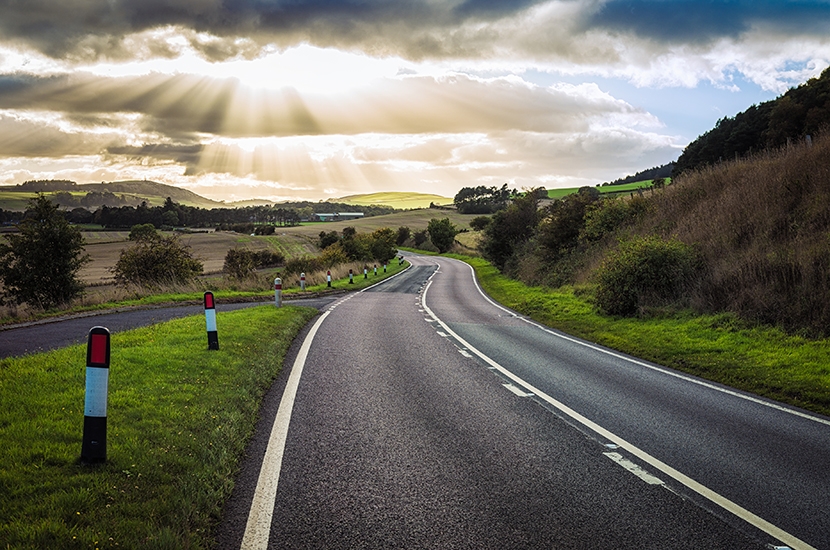Here’s the quandary. How in future can we make the kind of rapid advances we have made during the Covid crisis without waiting for a lethal pandemic — or worse — to force our hand?
We have, after all, made exceptional non-medical discoveries in the past few months. By being forced to adapt simultaneously, we have discovered better forms of collective behaviour which might never have emerged independently. I was an early convert to video-conferencing, yet even I was astounded at the extent to which the world can function remotely. We may soon look back upon commuting and the endless slew of physical meetings in the same way we view the practice of dressing for dinner in the 19th century: a time-consuming and costly potlatch ritual undertaken in the bizarre belief that the world would end if people no longer performed it.
If Zoom had existed in 1962, Decca would have signed the Beatles
I now routinely attend ten meetings on five continents in the same week. Equally important, I talk more to people all over the UK — no longer biasing time towards people in Londonor the south-east. Indeed it is worth remembering, if only as a thought experiment, that had Zoom existed in 1962, Decca would have signed the Beatles. In the event, they chose the Dagenham-based Brian Poole and the Tremeloes, in large part because they feared a Liverpool band would be too costly to manage in rail fares and accommodation, while Brian and a Tremelo or two could pop into town on an all-day Travelcard.
Yet something else has been discovered too, which we must not forget when the pandemic ends. For six months, the UK has suddenly been blessed with an extraordinarily good road network — for free — simply by reducing unimportant travel.
In the past seven months, I have made a few trips to our seaside retreat on the Brexit Riviera in east Kent; two to Wales; and one each to Manchester and Newcastle to drop children at university. Add trips to local shops, and this makes about 2,000 miles. But: the long journeys took place at far higher speeds and with vastly less inconvenience and annoyance than before. My on-board computer thingy shows fuel economy is up 20 per cent, and my average speed is 57mph — above 40mph for the first time ever.
A year ago, it would have required billions on road-spending for such an improvement. It cost nothing. We could enjoy it for ever if we want. After Covid we must revive the case for road rationing and pricing, where you pay varying rates for non-essential journeys above a set threshold. It may seem counter-intuitive to suggest people would be better off with less road use, but this fails to account for the trade-off between quantity and quality of travel. We all sacrifice quantity for quality every day — it’s why you drink wine or whisky, not meths. If road rationing restored the pleasure of motoring, and reduced the hopeless uncertainty of travel time, it should appeal to petrol-heads and environmentalists alike. Not to mention the improvements to the distribution of goods, and to the lives of people who perform essential jobs.
I’m generally a bit libertarian. I don’t think you can tell people what’s good for them. But as Covid shows, you can simultaneously introduce people to a new reality and ask whether they prefer it. A new role for government should be to test temporary, universal interventions to see what happens. One car-free Sunday each month, perhaps. Only if we are mostly happier than before should the experiment continue. We can’t predict what we want; we can only experience it and then decide. All middle-aged men instinctively know this problem from every-day life. I never want to go to any party until I get there.
Rory Sutherland is vice-chairman of Ogilvy UK.







Comments